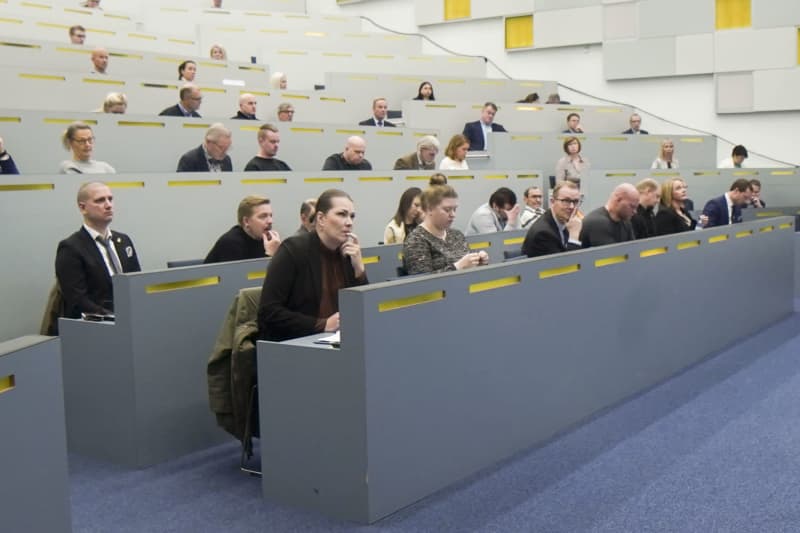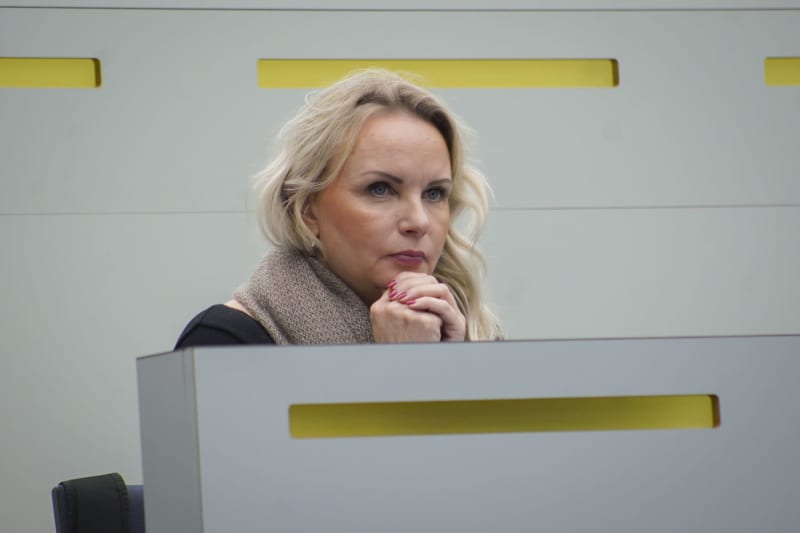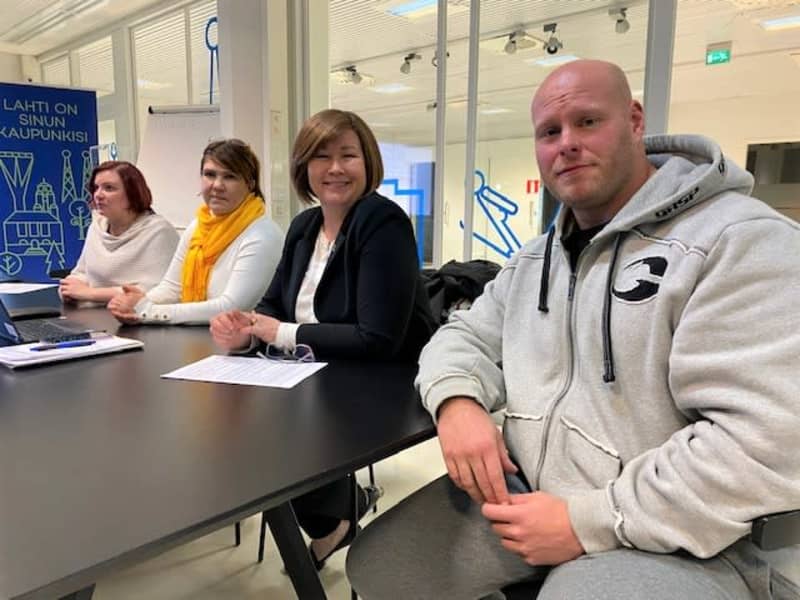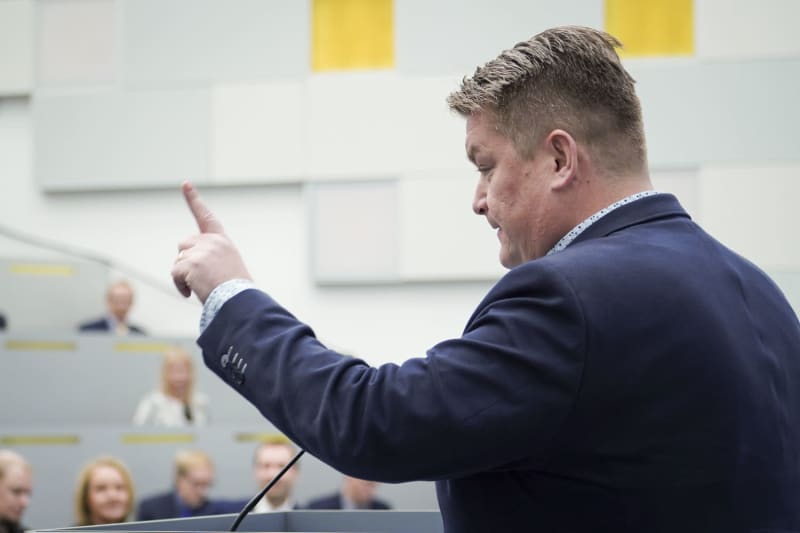
Following politics is more and more difficult. It is difficult to look close to everyday life and far into the future at the same time, writes journalist Marjo Pirilä.
Just under 800 viewers watched the webcast of the Lahti council last Monday, when the council decided on the money for the coming year. Teachers and parents must have gathered by the screens, who were worried about what would happen to the funding of basic education.
The city government presented adjustment measures worth one million euros in basic education. A million is not a lot of money in the budget of the education industry, but it is big in the everyday life of schools.
The councilors’ speeches and the news surrounding the issue have caused confusion. Is someone pulling and who? Whose word can you believe and who is best informed about the real situation in schools? And what can the city of Lahti really afford and what can’t it?
Every autumn there is a tough debate in the city about money for culture. First, the culture side is told that you have x amount of money for next year. If that’s not enough, cut costs. Schools, daycare centers and cultural institutions say that cutting expenses means slowing down operations in one way or another.
Then the board of education states that pretending is politically impossible. This year, the board unanimously decided in September that expenses cannot be cut.

The mayor’s task is to be responsible for the entire city’s finances. Difficult times lie ahead and the mayor wanted to share the responsibility for the future with everyone – including the cultural services. In October, the mayor returned part of the savings that the board had pocketed in the budget proposal.
The city government is rarely unanimous
This was followed by a turn that is completely exceptional in Lahti politics.
– Each group had to stretch and make compromises. No group achieved all of its goals.
No one showed disappointment and no one clicked loose points. The management of the city government seemed to accept the dive of the city’s economy as one front.
The city government unanimously approved the budget with savings for basic education. The Left Alliance did not participate in the negotiations and it took full advantage of the threat to basic education.

However, the most difficult part of decision-making is presenting the need for savings to voters. Teachers, principals and parents started to contact decision-makers and ask what the hell is the point of saving money on schools.
SDP’s local representative board met before the decisive council meeting and decided that there is no sense in savings. The Dems were happy with the negotiation result and proposed in the council an increase of one million euros to the education side’s money.
The other groups were outraged. Someone went to take loose points after all.
The city government proposes – the council decides
Everyone can interpret the event from their own point of view. The Dems’ proposal was lost in the council, and other groups’ barks and deep mistrust came on top. Other groups wondered if the Democratic negotiators even had their party’s mandate to negotiate a joint agreement.
For voters, the situation is clear. The council has the highest decision-making power and the city government cannot tie the councilors’ hands. Who would vote for a decision-maker who weakens services that are important to him. Who does the party listen to, if not its voters?
Still, the city government’s decision can also be understood. How do you close the huge gap in income and expenditure mismatch in Lahti, if the decision-maker only has the vote balance for the upcoming elections in mind? There is a time ahead when the decision-makers have to seriously look for savings and justify them better to the voters. I’m not saying this is easy.

What about the coalition, KD, Perussuomalaiset and others who did not agree to add a million to basic education? Do they hate education and culture? Based on the council’s speeches, it was impossible to be sure how informed they are about the reality of schools.
Some justified their decision so that the details don’t even belong to the council, because they are the cultural board’s hay. It is certainly easier to decide only on the numbers without thinking about the impact of the numbers on everyday life.
Still, it wouldn’t hurt for the decision-maker to also understand the consequences of his actions. However, the decision-makers do know that the schools will not be driven into chaos, but that the necessary money will be requested in the supplementary budget next year. So the million that the council pinched now can appear in next year’s supplementary budget.
This year, the supplementary budget for education was 10 million euros. Some call the phenomenon under-budgeting, i.e. expenses are deliberately estimated to be too small. That is also a way to communicate to the principals that the thorn is not open.
When social problems have become more complicated, it is even more difficult to follow politics. It is difficult to look close to everyday life and far into the future at the same time. It is also difficult for decision-makers. Is it the reason that half-truths are heard from the mouths of the decision-makers – or is it a deliberate misleading of the voters?
